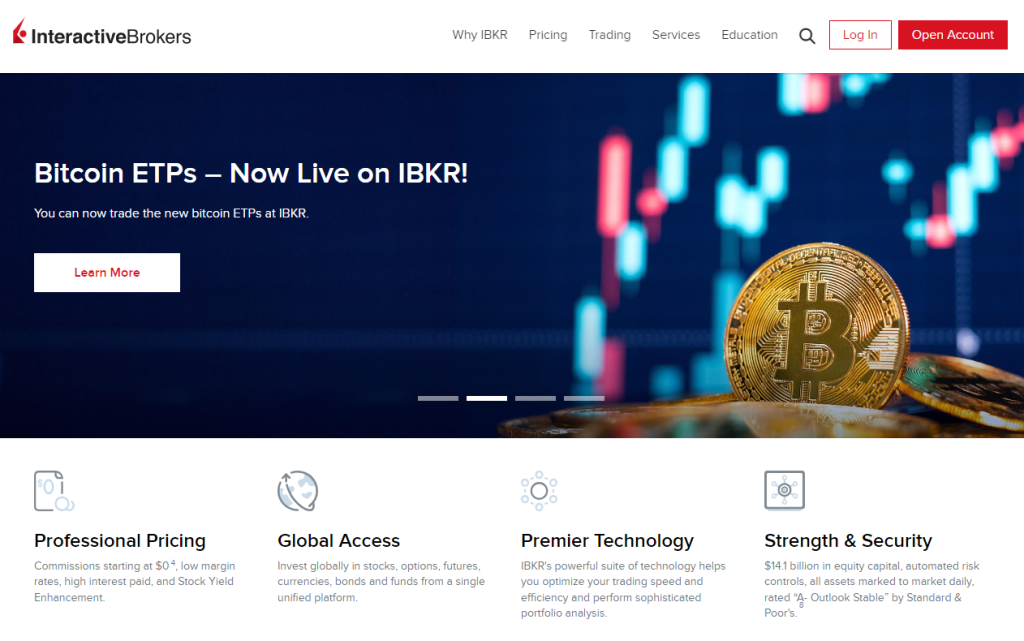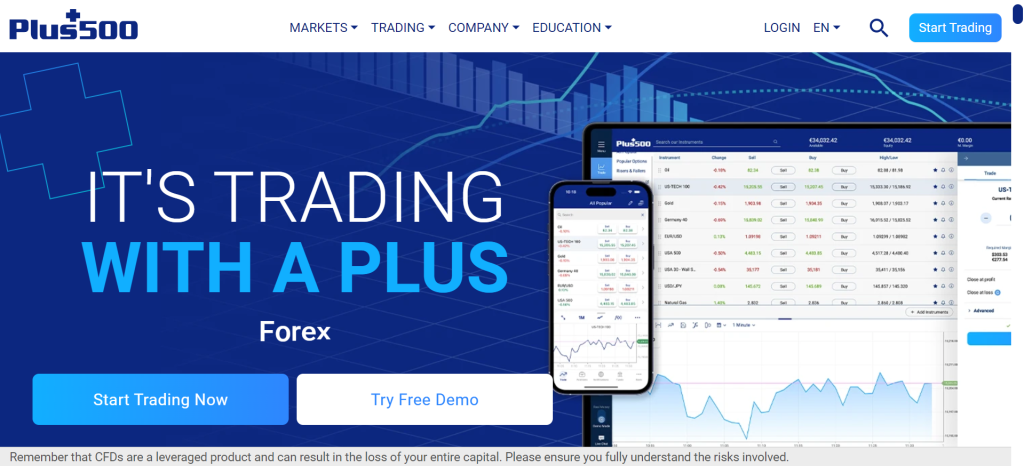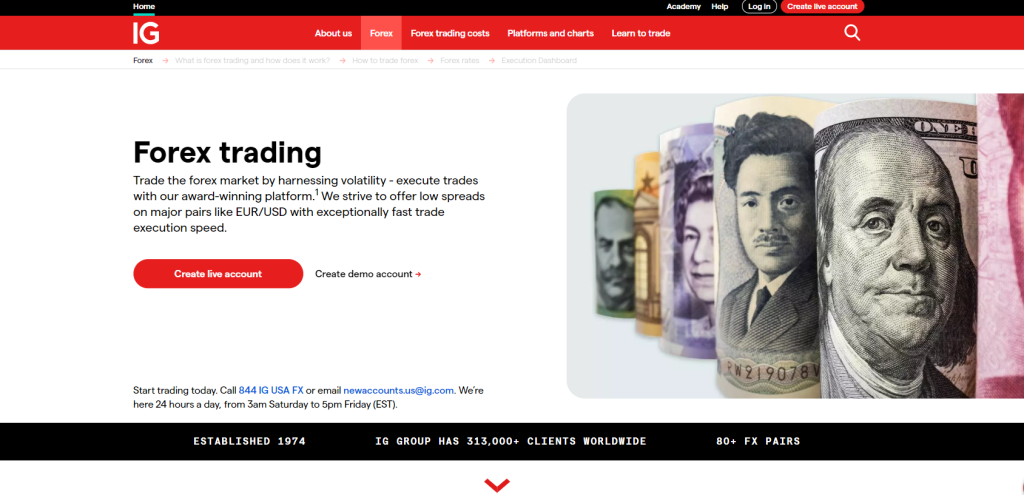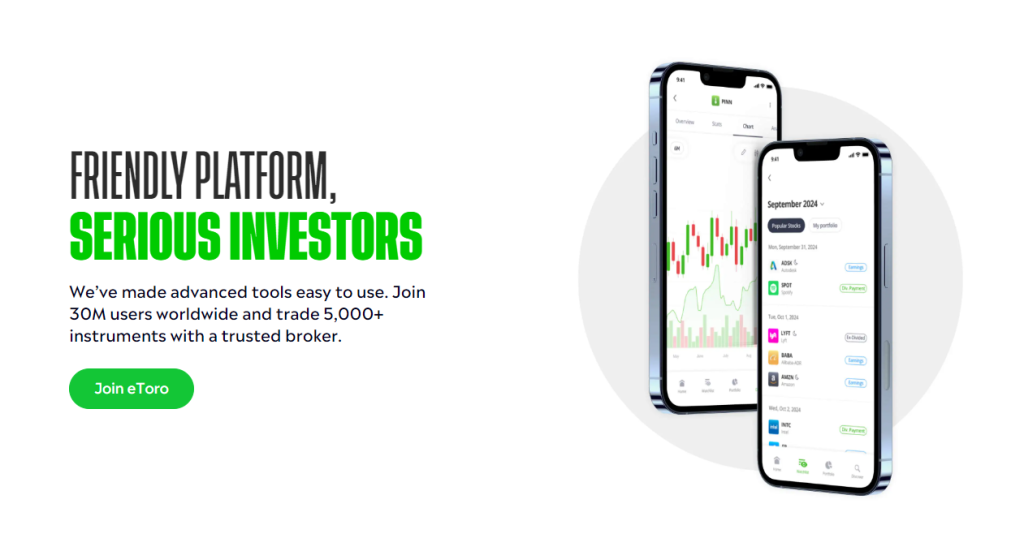Best Offshore Forex Brokers That Accept Us Clients

The allure of high leverage and looser regulatory oversight continues to draw US forex traders to offshore brokers. However, navigating this landscape is fraught with risk, demanding careful consideration and due diligence. Choosing the right offshore broker can be the difference between profitable trading and financial disaster.
This article aims to provide a balanced overview of the best offshore forex brokers that accept US clients, highlighting their pros and cons, and offering insights into the associated risks. This information is crucial for US traders seeking to explore offshore options while mitigating potential pitfalls.
Understanding the Offshore Forex Landscape
The term "offshore" refers to brokers operating outside the jurisdiction of the Commodity Futures Trading Commission (CFTC) and the National Futures Association (NFA). This lack of US regulation allows for higher leverage and fewer restrictions on trading strategies, but it also presents significant risks. Foremost among these is the lack of investor protection that comes with US-regulated brokers.
US regulations, while sometimes perceived as restrictive, provide substantial safeguards for traders, including segregated accounts and dispute resolution mechanisms. Offshore brokers may not offer these protections, leaving traders vulnerable to fraud or mismanagement of funds.
Key Considerations When Choosing an Offshore Broker
Selecting an offshore broker requires a thorough assessment of several key factors. These include regulation (or lack thereof), reputation, trading platforms, account types, deposit and withdrawal methods, and customer support.
Regulation and Reputation
While offshore brokers are not regulated by US authorities, some are licensed by other regulatory bodies. While not as stringent as US regulations, a license from a reputable jurisdiction can offer some level of assurance. Researching the broker's reputation online through forums and review sites is also crucial to gauge its reliability.
Trading Platforms and Account Types
A user-friendly and reliable trading platform is essential for effective trading. MetaTrader 4 (MT4) and MetaTrader 5 (MT5) are popular choices, offering a wide range of tools and features. Different account types, such as standard, ECN, or VIP, cater to varying trading styles and capital levels.
Deposit and Withdrawal Methods
Easy and reliable deposit and withdrawal methods are critical. Look for brokers that offer a variety of options, including credit cards, bank transfers, and e-wallets. Be aware of potential fees and processing times associated with each method.
Customer Support
Responsive and knowledgeable customer support is vital in case of any issues or questions. Look for brokers that offer multiple channels of communication, such as phone, email, and live chat. Test their response times and the quality of their assistance before committing.
Potential Risks of Trading with Offshore Brokers
Trading with offshore brokers carries significant risks that US traders must acknowledge. The absence of US regulatory oversight means limited recourse in case of disputes or fraudulent activities. Financial losses can be difficult, if not impossible, to recover.
Counterparty risk is another concern. The financial stability and solvency of the broker are paramount. A broker's failure could result in the loss of all deposited funds. Scrutinizing the broker's financial information, if available, is crucial.
Disclaimer
The information provided in this article is for informational purposes only and should not be considered financial advice. Trading forex involves substantial risk of loss. Consult with a qualified financial advisor before making any investment decisions.
Future Trends
The offshore forex market is constantly evolving, with new brokers emerging and regulations changing. Staying informed about these developments is essential for US traders considering offshore options. Increased regulatory scrutiny and technological advancements are likely to shape the future of this market.
It is anticipated that more brokers will try to attain licenses from multiple respectable organizations to boost reliability, or be pressured by international agreements to implement standards that safeguard traders across borders. However, trading with offshore brokers will invariably involve a degree of risk that traders should be ready for.


















